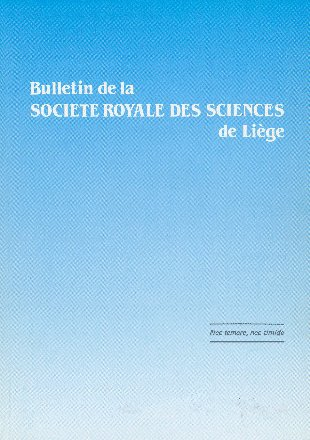- Home
- Volume 86 - Année 2017
- Special issue
- De-facement of the Subject in the Mirror of Fiction: A de-Manian Reading of E.L. Doctorow’s World’s Fair
View(s): 1157 (2 ULiège)
Download(s): 133 (1 ULiège)
De-facement of the Subject in the Mirror of Fiction: A de-Manian Reading of E.L. Doctorow’s World’s Fair

Attached document(s)
original pdf fileAbstract
Certain parallels between E.L. Doctorow’s early years of adolescence and his novel World’s Fair (1985) have given rise to a general reception of the novel as an instance of autobiography. The simultaneous merging of illusion and memoir, however, undermines all attempts at categorizing World’s Fair generically insofar as any such categorization fails to capture the essence of the novel in the entirety of its dimensions. The reflection of reality through the fictional medium of the novel, through memory and language, challenges the assumption that autobiography is possible whatsoever. Arguing that it is problematic/ simplistic to recognize any text as either history or fiction, Paul de Man proposes a revolving-door model in which any autobiographical text is shown to feature fictionality while any fictional text might just as well exhibit traces of autobiographicality. In this line, the present undertaking targets the factual and fictional dimensions of World’s Fair by exploring the ways that the text lends itself to a deconstructive reading. The starting point is a specular subject, inside and outside the text, who shows signs of retrospection and prescience. Further explorations of the protagonist in terms of artistic maturation, social development and communal consciousness unveil how aporic mechanisms disrupt the binary dynamics of traditional discourses.






